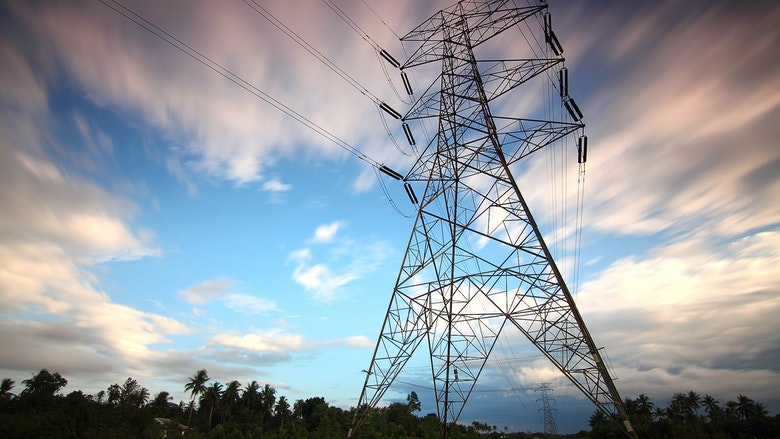High international energy commodity prices, issues in domestic coal power generation and a lull in renewable power could see increased gas and electricity prices across Australia’s east coast remaining elevated, according to Commonwealth Bank of Australia economists.
Spot prices for liquid natural gas (LNG) have surged as Europe looks to reduce its reliance on Russian gas, which could result in east coast Australia’s natural gas prices remaining structurally higher until at least the end of 2025.
Like gas prices, Australia’s east coast electricity prices have surged since April with seasonal and structural impacts all contributing to an administrative pricing cap being triggered.
In a report ‘Australia’s energy sector - The perfect storm’ CBA Mining and Energy Economist, Vivek Dhar, said consumers should look at opportunities to electrify their gas usage where possible:




